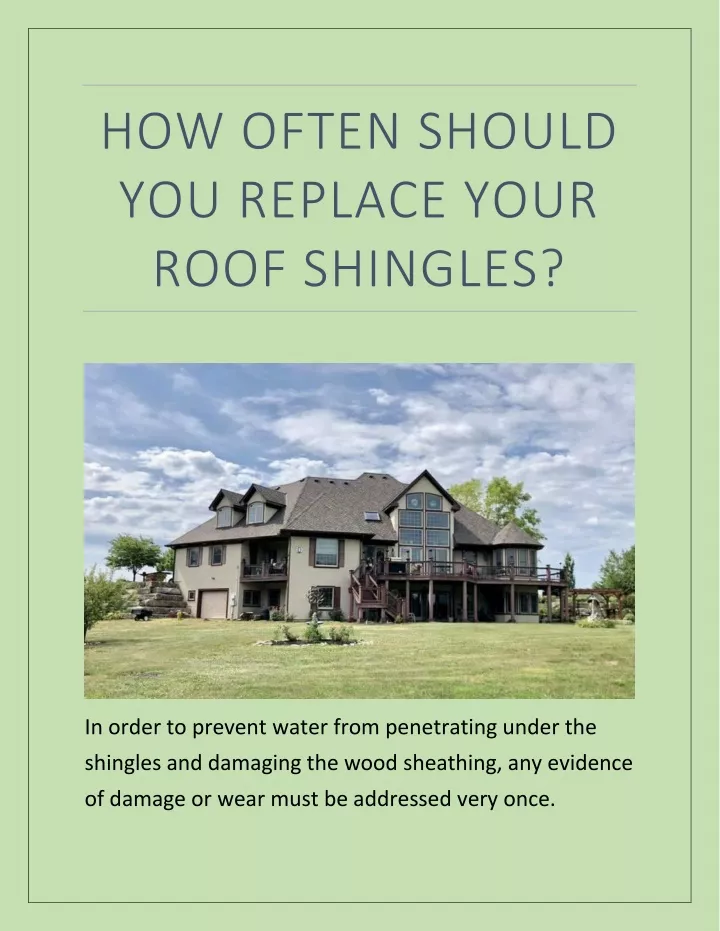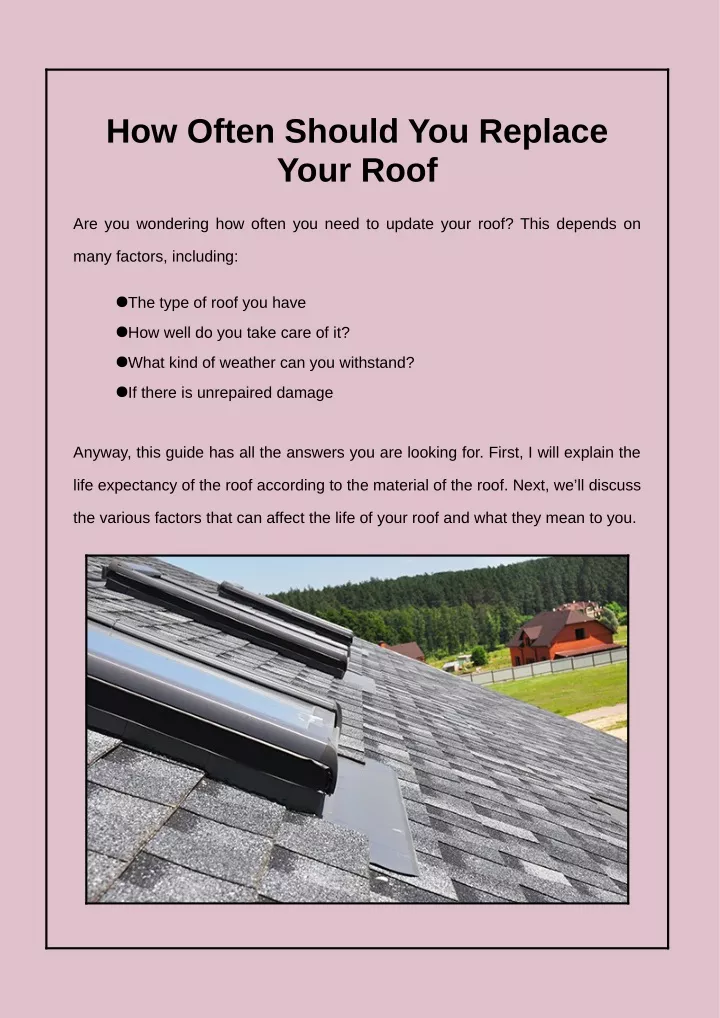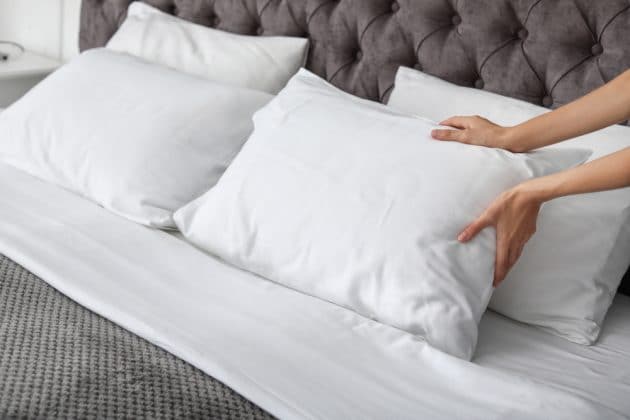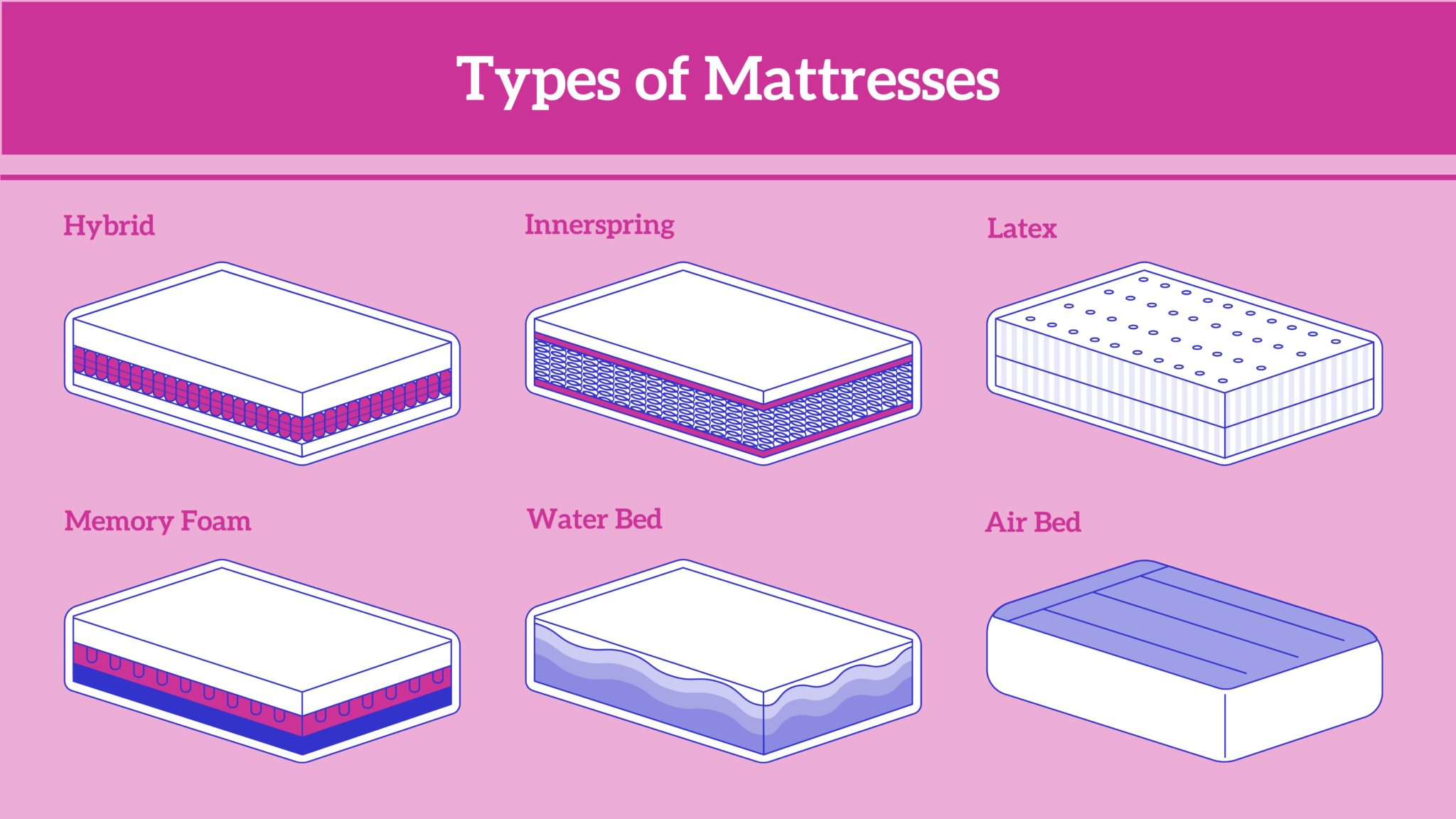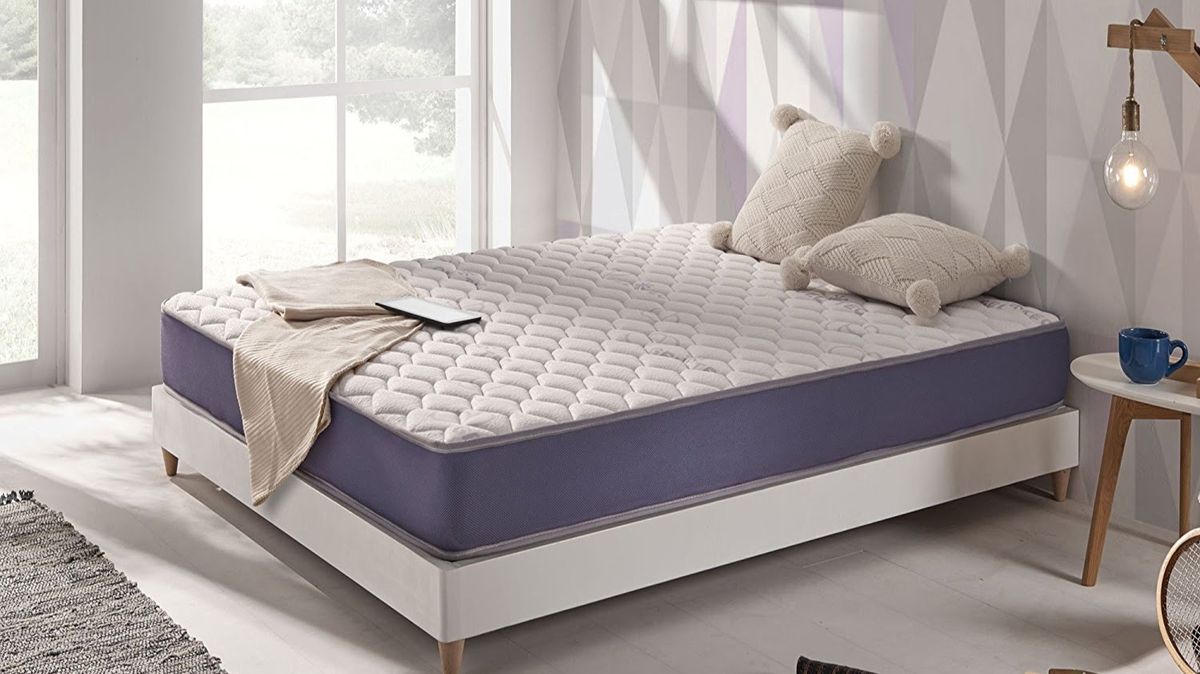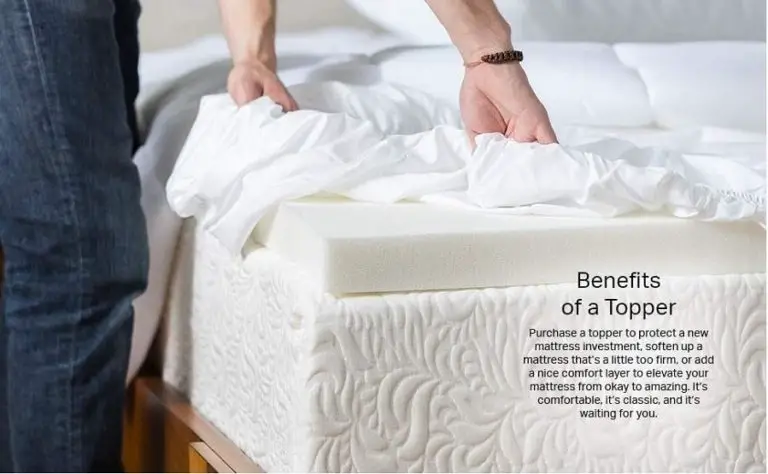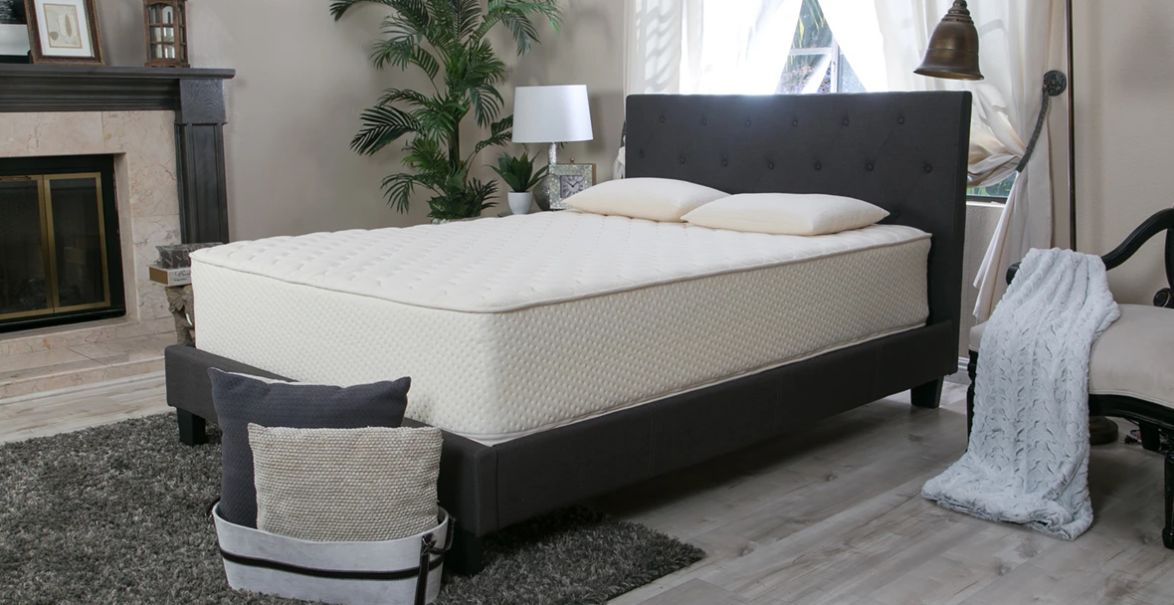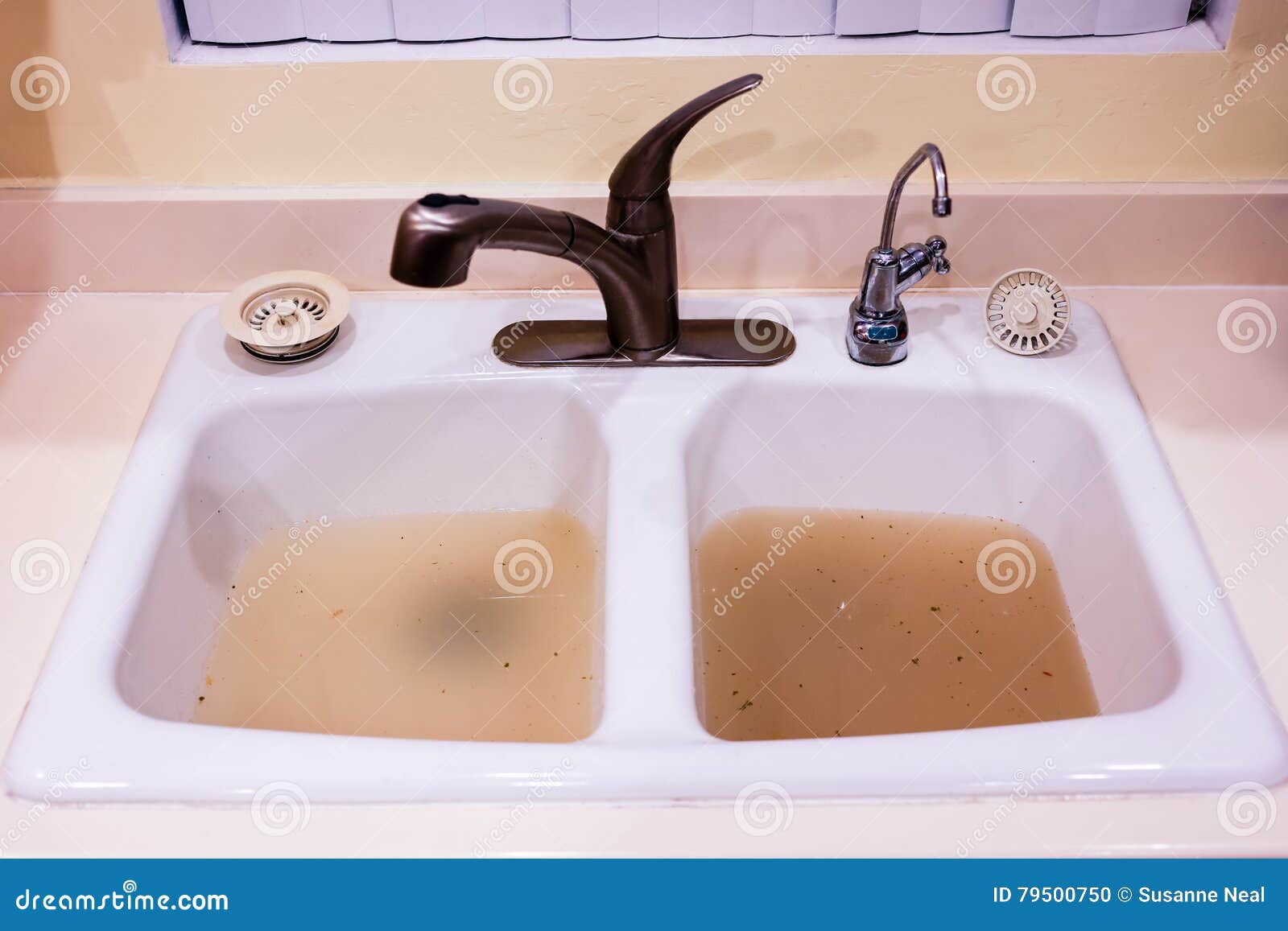Can an Old Mattress Cause Allergies?
If you've been experiencing frequent sneezing, runny nose, and itchy eyes, your old mattress may be the culprit. As mattresses age, they can become a breeding ground for allergens, leading to discomfort and disrupted sleep. But can an old mattress really cause allergies? Let's find out.
How to Tell if Your Mattress is Causing Your Allergies
The first step to determining if your old mattress is causing your allergies is to pay attention to your symptoms. If you notice your allergies acting up whenever you're in bed, it's a sign that your mattress may be the source. Additionally, if you wake up feeling congested or have a scratchy throat, it could be due to allergens in your mattress.
How to Get Rid of Allergens in Your Mattress
If you've determined that your old mattress is causing your allergies, it's time to take action. The key to reducing allergens in your mattress is regular cleaning. Vacuuming your mattress with a HEPA filter can help remove dust mites and other allergens. You can also sprinkle baking soda on your mattress and let it sit for a few hours before vacuuming to eliminate any odors.
Signs Your Mattress is Making You Sick
Aside from allergies, an old mattress can also contribute to other health issues. If you wake up with back pain or stiffness, it could be a sign that your mattress is no longer providing proper support. Additionally, an old mattress may also harbor bacteria and mold, leading to respiratory issues and skin irritation.
How to Clean Your Mattress to Reduce Allergies
Regular cleaning is essential for keeping your mattress free from allergens. In addition to vacuuming, you can also spot clean any stains with a mixture of water and mild detergent. It's important to avoid using harsh chemicals as they can irritate your allergies. You can also invest in a mattress protector to prevent allergens from seeping into your mattress.
What Are the Most Common Allergens in Mattresses?
Dust mites, pet dander, and mold are the most common allergens found in mattresses. These allergens can accumulate over time, especially in an old mattress, leading to allergy symptoms. Regular cleaning and maintenance can help minimize these allergens and improve your overall health and sleep quality.
How to Choose a Mattress for Allergy Sufferers
If you suffer from allergies, it's important to choose a mattress that is hypoallergenic and resistant to dust mites and other allergens. Look for mattresses made with natural materials such as organic cotton, bamboo, or latex, as they are less likely to contain chemicals that can irritate your allergies. You can also opt for a mattress with a removable and washable cover for easier maintenance.
Can Dust Mites Live in an Old Mattress?
Unfortunately, yes. Dust mites can thrive in warm and humid environments like an old mattress. These tiny creatures feed on dead skin cells and can produce waste that can trigger allergic reactions. If you have an old mattress, it's important to clean it regularly and consider replacing it if it's more than 8 years old.
How Often Should You Replace Your Mattress to Avoid Allergies?
On average, a mattress should be replaced every 8 years. However, if you suffer from allergies, it's recommended to replace your mattress every 5-6 years to prevent the accumulation of allergens. Investing in a high-quality, hypoallergenic mattress can also help extend its lifespan.
What Are the Best Mattress Materials for Allergy Sufferers?
As mentioned earlier, natural materials like organic cotton, bamboo, and latex are ideal for allergy sufferers. These materials are less likely to contain chemicals and are hypoallergenic. Memory foam can also be a good option as it is resistant to dust mites and mold. Avoid mattresses made with synthetic materials, as they can contain harmful chemicals and irritate your allergies.
In conclusion, an old mattress can indeed cause allergies. To avoid discomfort and health issues, it's important to regularly clean and maintain your mattress and replace it every 5-6 years if you suffer from allergies. Choosing a hypoallergenic mattress made with natural materials can also greatly reduce allergens and improve your sleep quality. Say goodbye to sneezing and hello to a restful night's sleep with a clean and allergy-free mattress.
How Can an Old Mattress Cause Allergies?

The Dangers of an Old Mattress
 When it comes to allergies, many people tend to blame their surroundings or the changing seasons. However, one often overlooked culprit could be hiding right in your bedroom – your
old mattress
. While it may seem harmless, an old mattress can actually be a breeding ground for dust mites, mold, and other allergens that can wreak havoc on your health. In this article, we'll explore the connection between an old mattress and allergies and provide tips on how to keep your bedroom clean and allergen-free.
When it comes to allergies, many people tend to blame their surroundings or the changing seasons. However, one often overlooked culprit could be hiding right in your bedroom – your
old mattress
. While it may seem harmless, an old mattress can actually be a breeding ground for dust mites, mold, and other allergens that can wreak havoc on your health. In this article, we'll explore the connection between an old mattress and allergies and provide tips on how to keep your bedroom clean and allergen-free.
Dust Mites: The Unseen Allergen
 Dust mites are microscopic creatures that thrive in warm, humid environments – making your old mattress the perfect home for them. These tiny bugs feed on dead skin cells and can produce up to 200 times their body weight in waste, which contains a protein that is a common trigger for
allergies
. As you toss and turn on your old mattress, the dust mite waste gets stirred up into the air and can cause sneezing, coughing, and even asthma attacks.
Dust mites are microscopic creatures that thrive in warm, humid environments – making your old mattress the perfect home for them. These tiny bugs feed on dead skin cells and can produce up to 200 times their body weight in waste, which contains a protein that is a common trigger for
allergies
. As you toss and turn on your old mattress, the dust mite waste gets stirred up into the air and can cause sneezing, coughing, and even asthma attacks.
Mold: The Hidden Danger
 Another common allergen found in old mattresses is mold. As mattresses age, they can absorb moisture from sweat and other bodily fluids, creating an ideal environment for mold to grow. Not only can mold cause allergic reactions, but it can also lead to more serious health concerns such as respiratory issues and chronic sinus infections.
Another common allergen found in old mattresses is mold. As mattresses age, they can absorb moisture from sweat and other bodily fluids, creating an ideal environment for mold to grow. Not only can mold cause allergic reactions, but it can also lead to more serious health concerns such as respiratory issues and chronic sinus infections.
Keeping Your Bedroom Allergen-Free
 The most effective way to prevent allergies caused by an old mattress is to replace it with a new one. But if that's not an option, there are steps you can take to reduce allergens in your bedroom. Regularly vacuuming your mattress and using a
mattress protector
can help keep dust mites and mold at bay. Additionally, washing your bedding in hot water once a week can also help eliminate allergens.
The most effective way to prevent allergies caused by an old mattress is to replace it with a new one. But if that's not an option, there are steps you can take to reduce allergens in your bedroom. Regularly vacuuming your mattress and using a
mattress protector
can help keep dust mites and mold at bay. Additionally, washing your bedding in hot water once a week can also help eliminate allergens.
Conclusion
 In conclusion, an old mattress may be the root cause of your allergies. Dust mites and mold can thrive in an old mattress and trigger uncomfortable symptoms. By replacing your old mattress or taking steps to keep it clean, you can create a healthier and more comfortable bedroom environment. Don't let an old mattress stand in the way of a good night's sleep and good health.
In conclusion, an old mattress may be the root cause of your allergies. Dust mites and mold can thrive in an old mattress and trigger uncomfortable symptoms. By replacing your old mattress or taking steps to keep it clean, you can create a healthier and more comfortable bedroom environment. Don't let an old mattress stand in the way of a good night's sleep and good health.



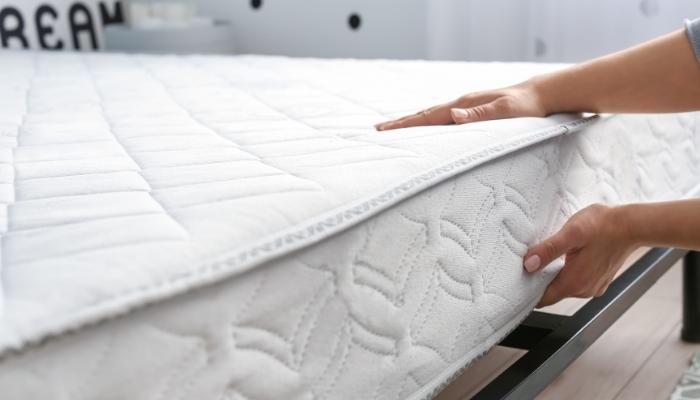








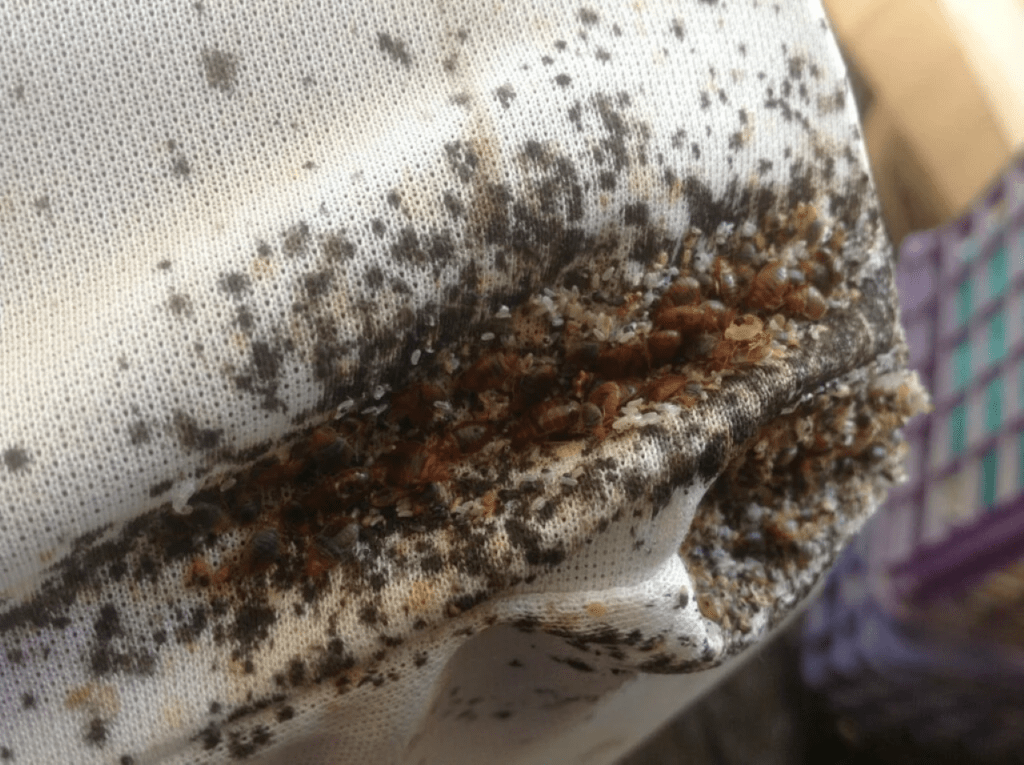








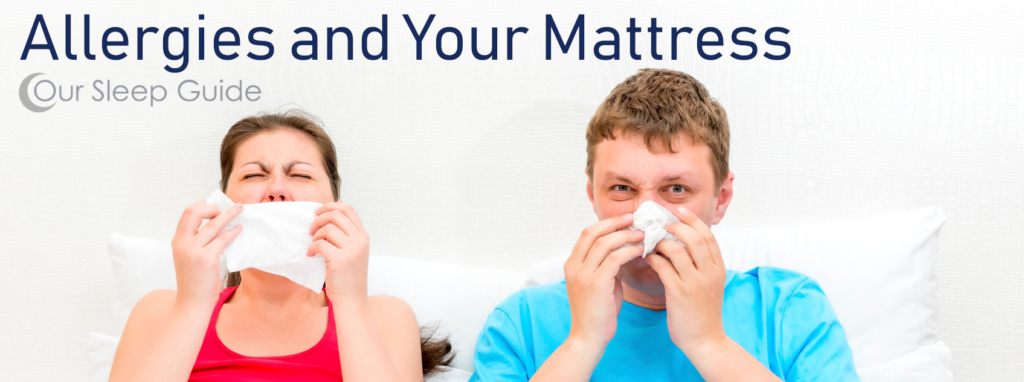


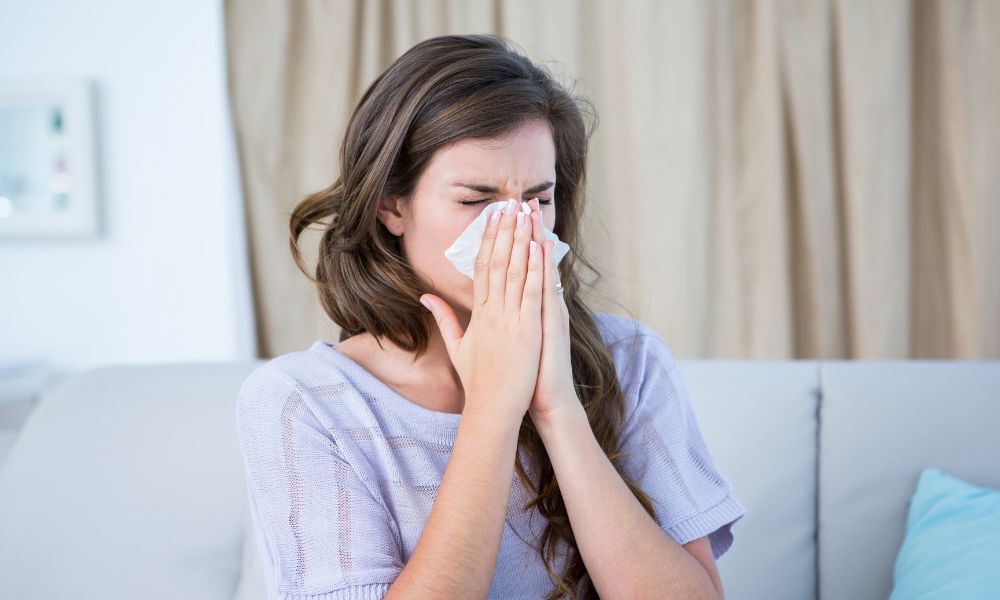

.png)



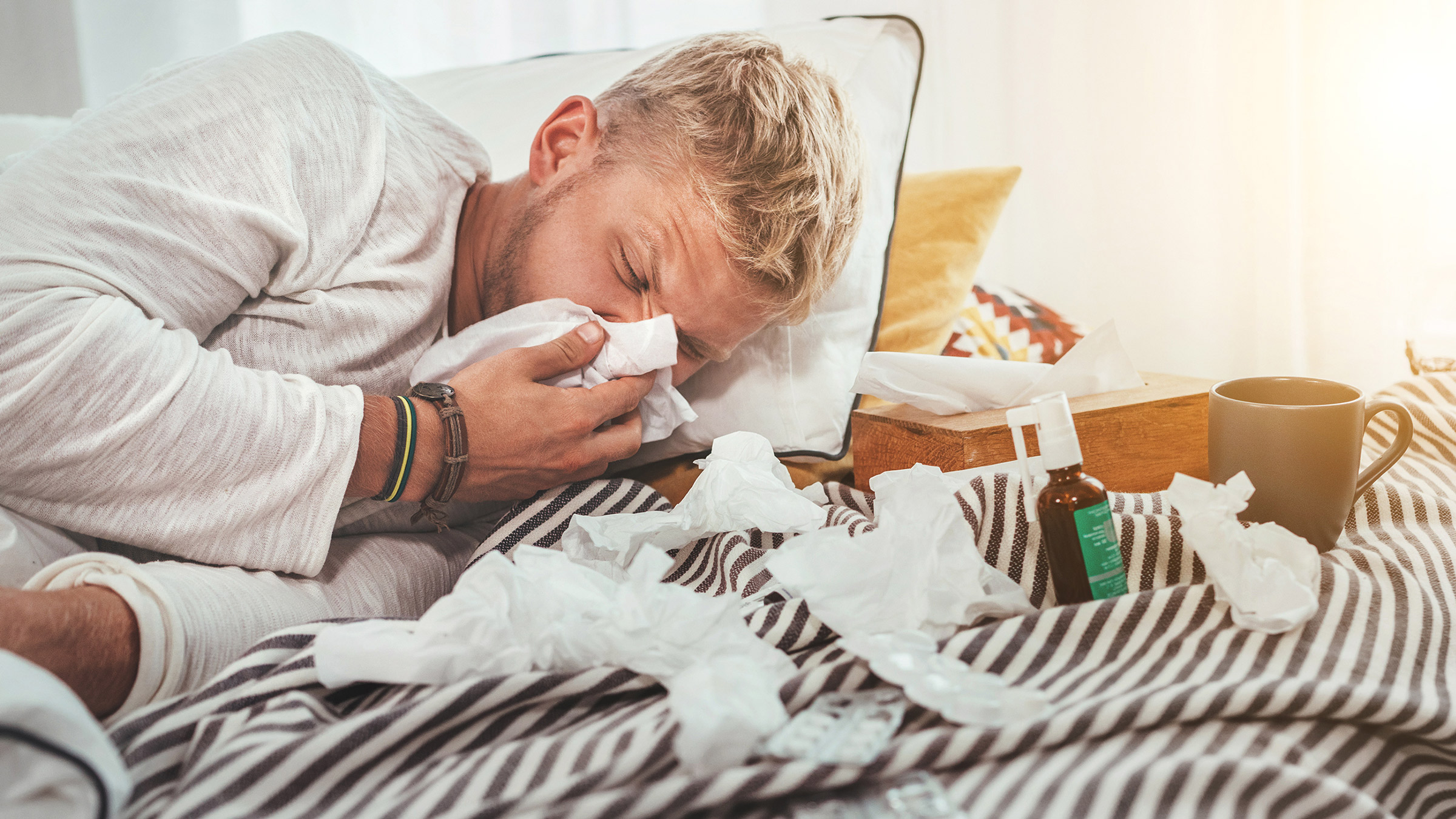


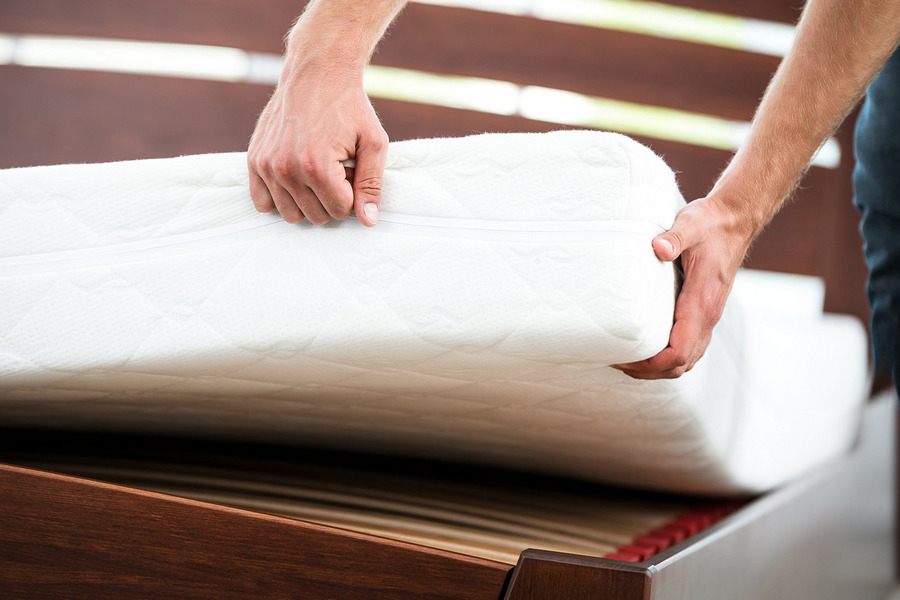

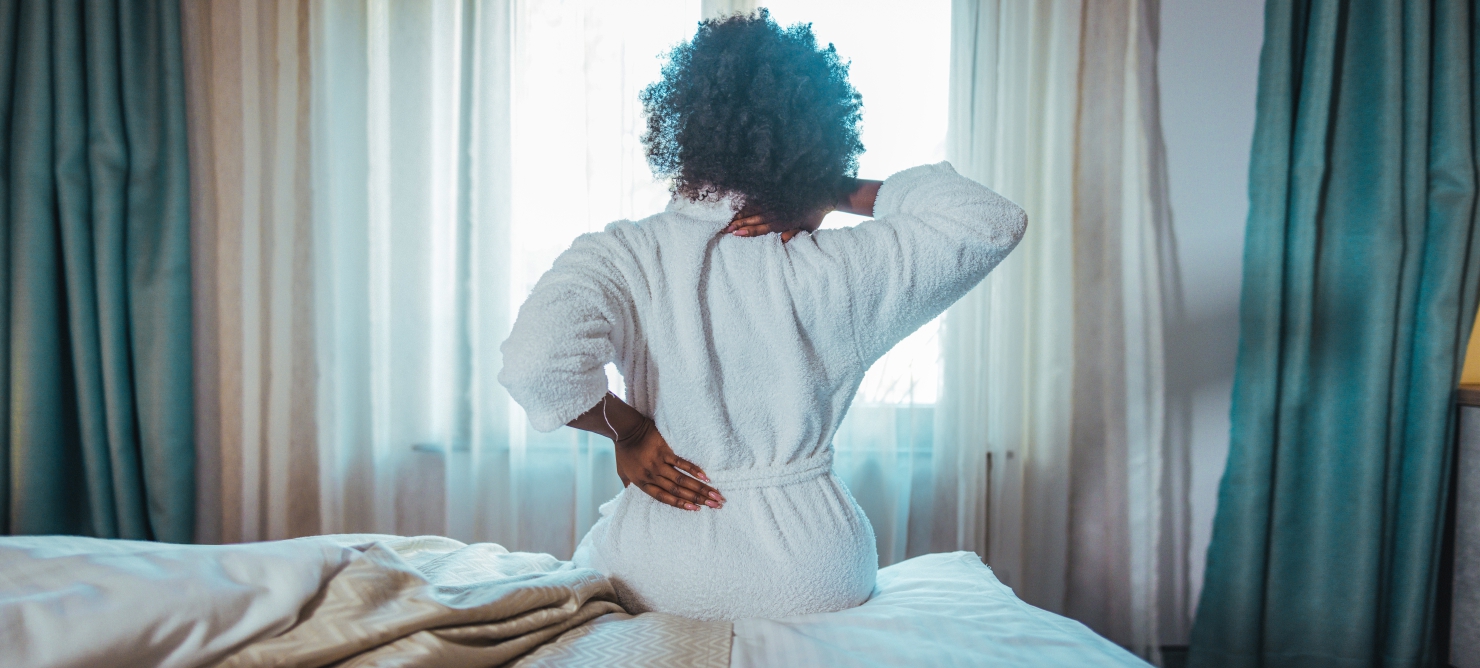




:max_bytes(150000):strip_icc()/clean-your-mattress-the-natural-way-350742-14-5a99efe91be349449c3178993b367746.jpg)

:max_bytes(150000):strip_icc()/clean-your-mattress-the-natural-way-350742-dd95404f7ac54f9b90f09045d9b4e98c.png)






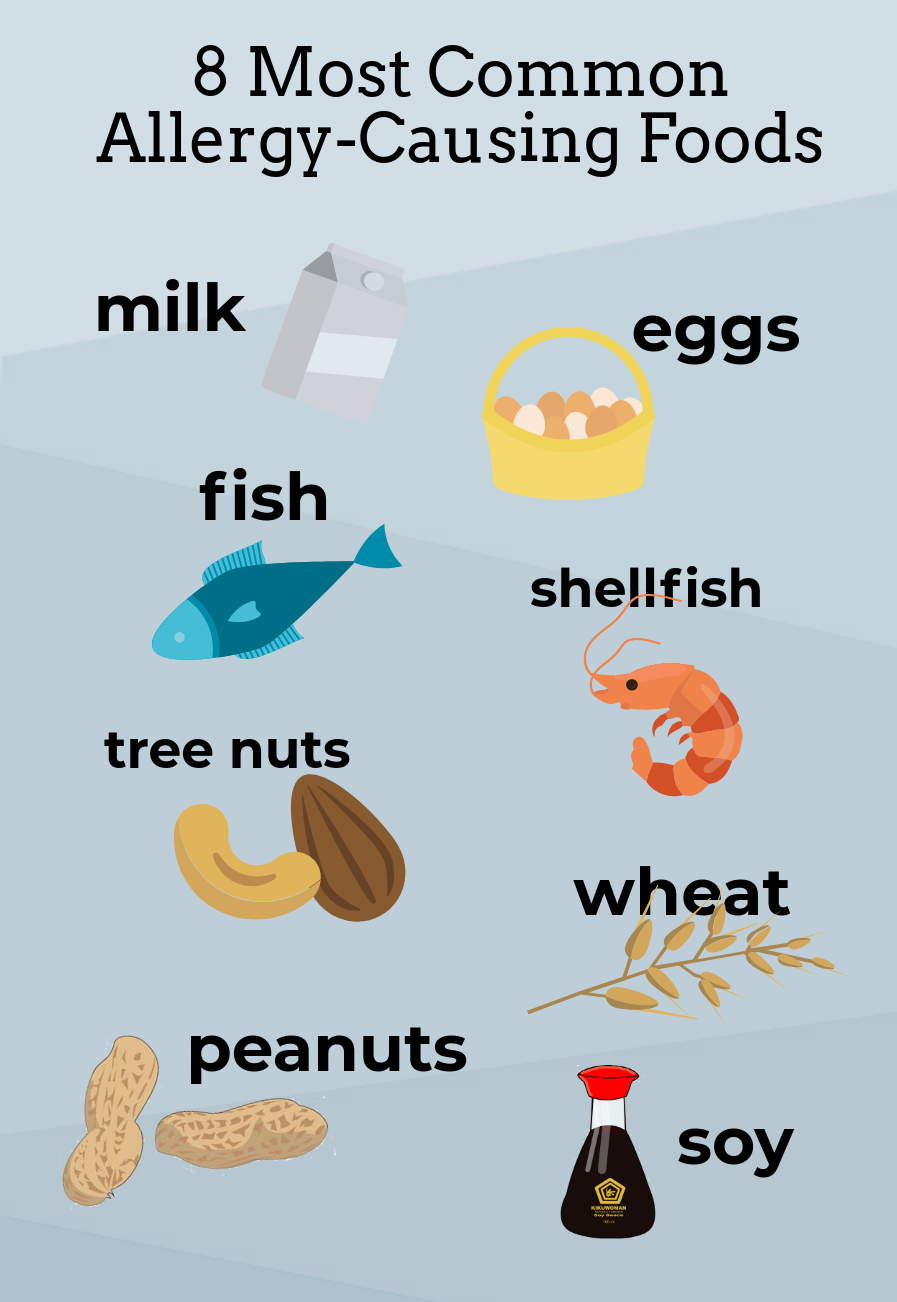
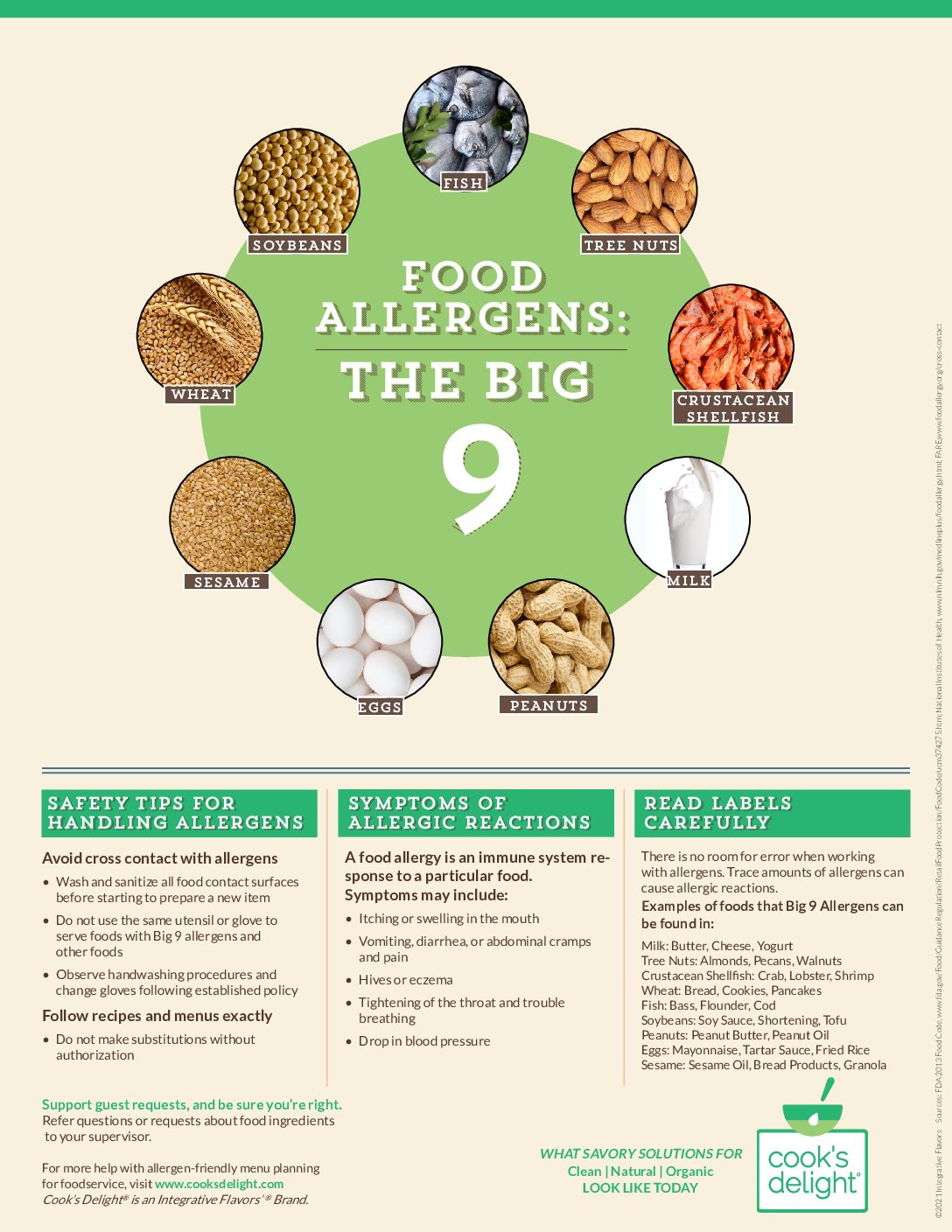















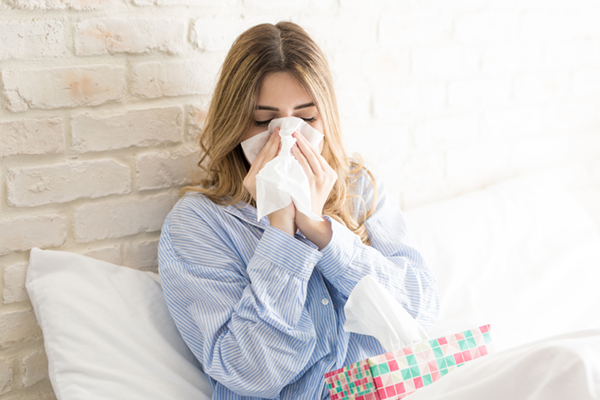
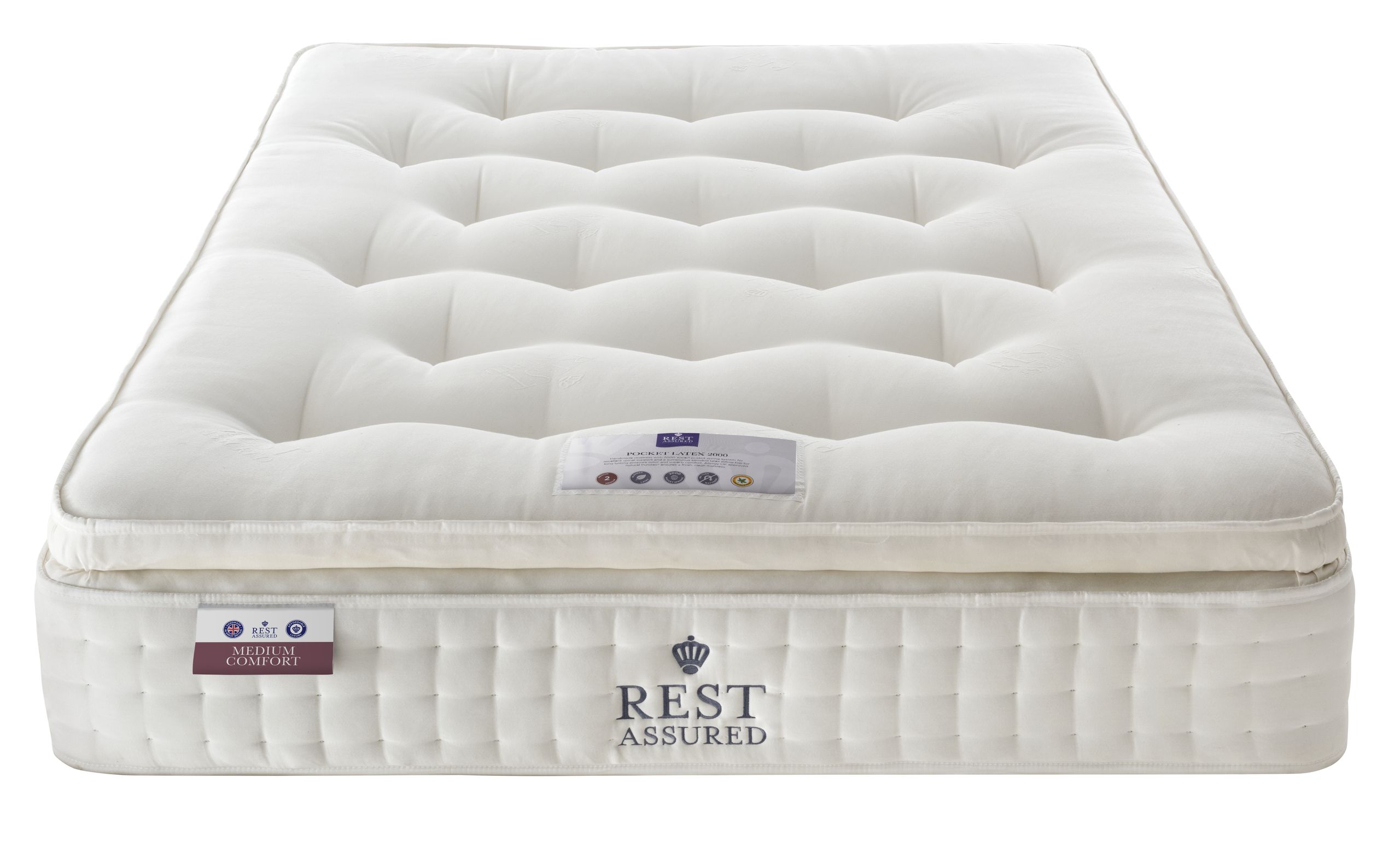
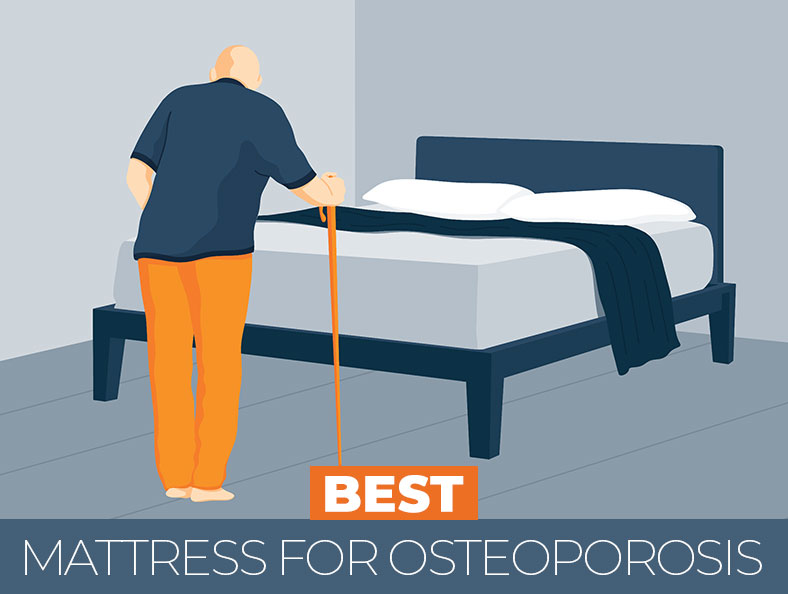




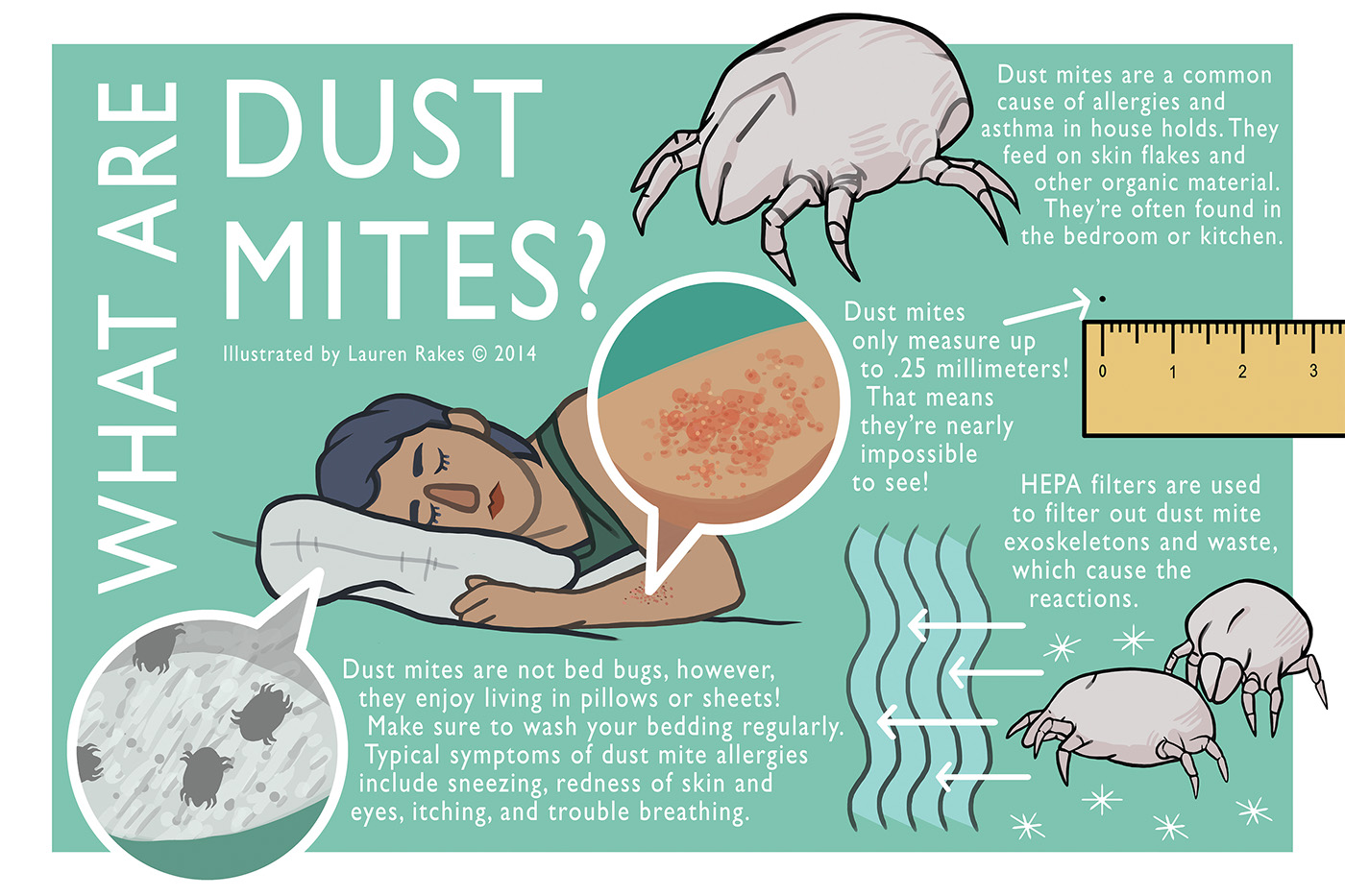

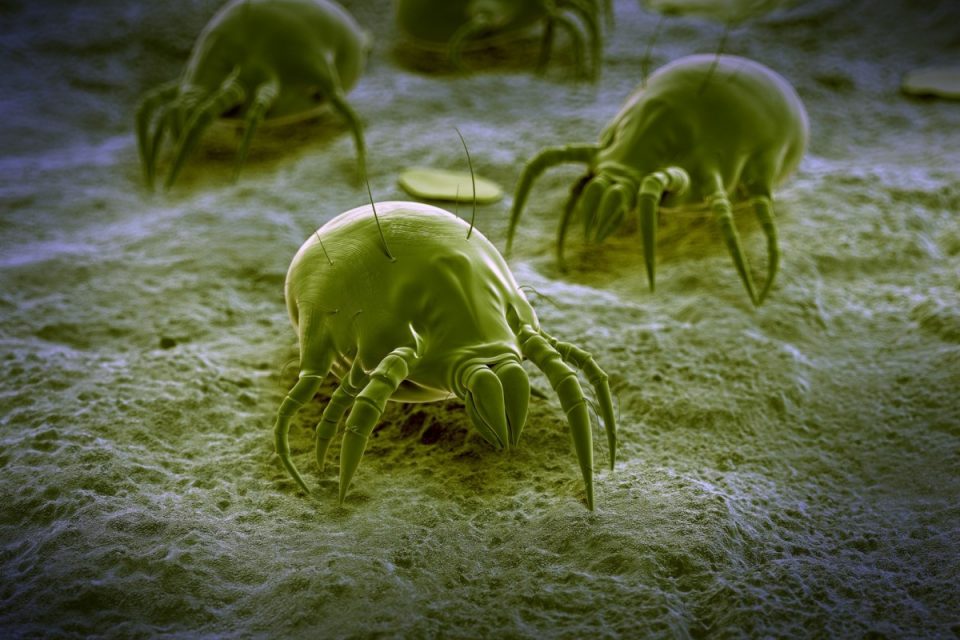
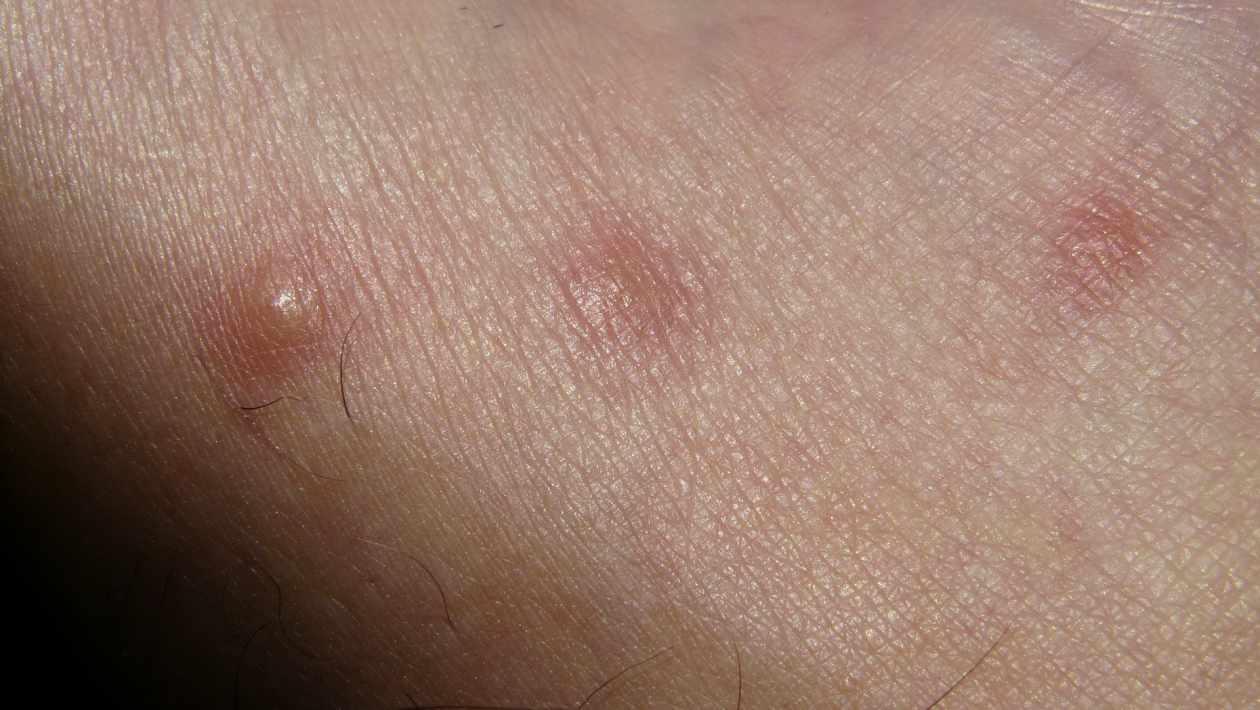

:max_bytes(150000):strip_icc()/how-to-get-dust-mites-out-of-mattress-5270595-04-c70f7e59ad304c8e8bb2585f6e030c40.jpg)
.png?sfvrsn=5c0b9a94_2)


